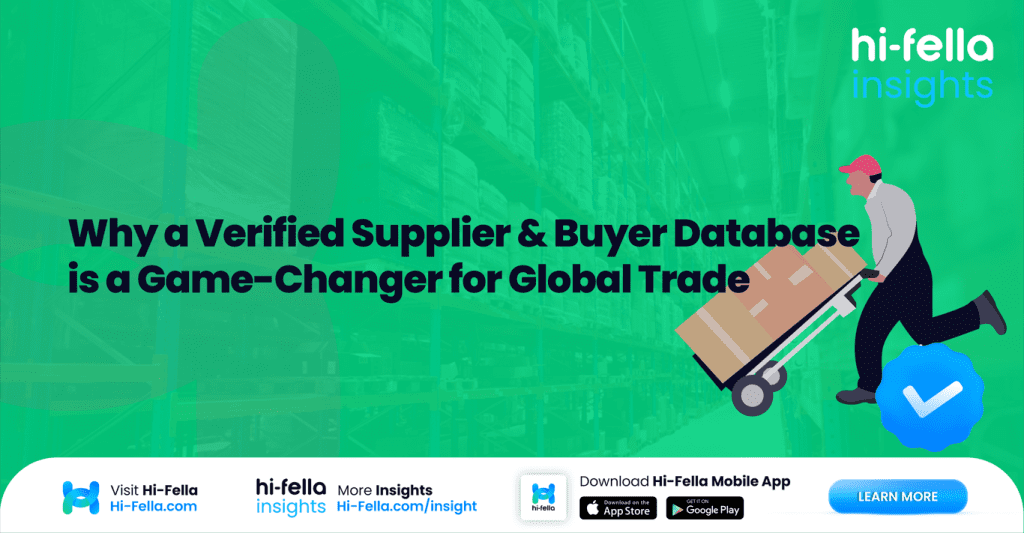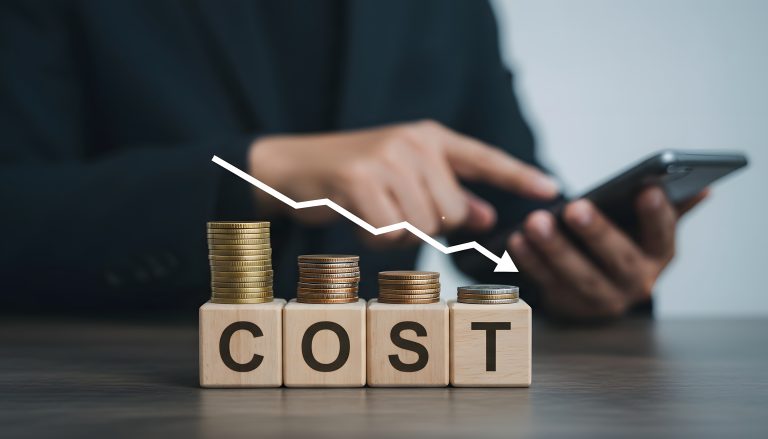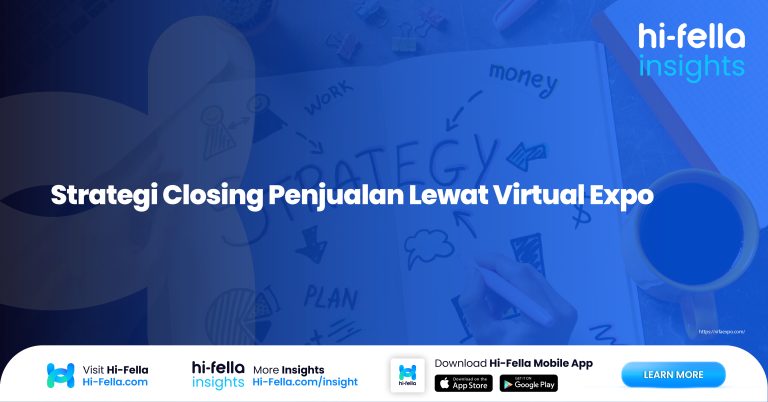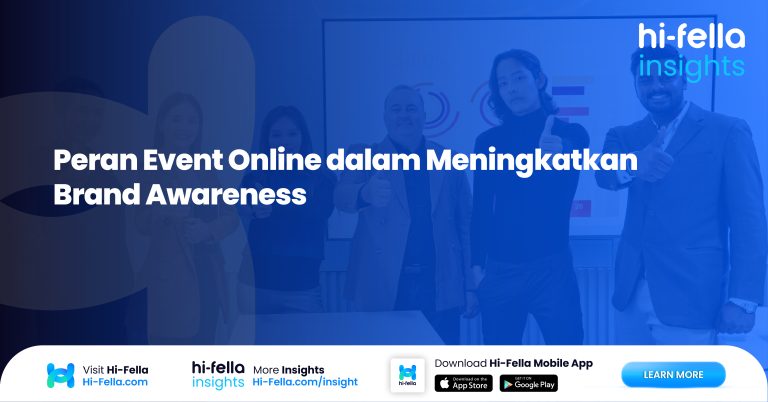In today’s hyper-connected, high-stakes world of international trade, information isn’t just power, it’s leverage, speed, and competitive edge. Whether you’re shipping electronics from Shenzhen, sourcing spices from Kerala, or selling industrial parts to Rotterdam, the core truth remains: you’re only as good as the people you trade with.
This is where a verified supplier and buyer database enters the picture. No longer a nice-to-have, it’s quickly becoming the central nervous system of modern global trade operations — and for good reason. From mitigating risk and accelerating deal velocity to improving margins and ensuring compliance, the advantages are both strategic and tactical.
Let’s dive into why.
Trust is the Currency of Trade — Verification is the Mint
One of the biggest pain points in international trade has always been trust. Buyers wonder: Will the supplier deliver on time? Is the quality consistent? Suppliers worry: Is the buyer legit? Will I get paid?
Fraud, misrepresentation, and non-performance remain major issues. According to the International Chamber of Commerce, commercial disputes in cross-border transactions result in over $4 trillion in trade being at risk annually.
A verified database — where companies undergo rigorous vetting (including legal registration, financial health, ownership structure, factory audits, or even ESG credentials) — cuts through this uncertainty. When you engage with a verified contact, you’re not starting from zero. You’re not gambling. You’re negotiating with known entities.
Platforms like Dun & Bradstreet, Alibaba Verified, ImportGenius, and Kompass provide increasingly sophisticated tools to verify trade partners — and often integrate AI and blockchain to keep the data updated in near-real time.
In a world where “Google stalking” a company just won’t cut it, a verified trade database becomes the trust anchor.
Time is Money — Especially in Cross-Border Deals
Speed matters. Every delay in procurement or sales cycles hits you in the bottom line — and worse, can open the door to competitors. Without a verified supplier and buyer list, businesses often spend weeks or even months trying to:
- Identify and vet new suppliers
- Qualify leads manually
- Go through legal or compliance checks
- Risk test with small sample orders
Compare that to a scenario where your procurement team can log into a dashboard and instantly see a curated list of verified sellers who meet your exact specs, with ratings, compliance status, export history, and even language capabilities.
Verified databases are the digital Rolodexes of 21st-century trade — but way smarter, faster, and updated on the fly.
Quality Control is Easier When You Know the Source
When working with unverified parties, the risk of getting subpar or counterfeit goods increases exponentially. According to the OECD, the global value of counterfeit goods is estimated at over $500 billion annually — and much of it passes through seemingly legitimate trade channels.
With a verified supplier database, you can often access:
- Product inspection histories
- Certifications (ISO, CE, RoHS, etc.)
- Factory locations and on-site audit reports
- Insurance and liability coverages
This allows procurement teams to pre-filter partners who don’t meet basic standards — saving time, resources, and the reputational cost of delivering faulty products to customers.
Verified Buyers Are Easier to Finance and Insure
If you’re a supplier, there’s an enormous benefit in dealing with verified buyers — particularly when it comes to export credit insurance, factoring, or trade financing.
Banks and financial institutions offering letters of credit (LC), open account financing, or supplier finance rely on verified buyer information to assess risk. A verified buyer database with credit ratings, transaction history, and payment behavior makes your deals financeable — and lets you negotiate better rates.
As trade digitisation continues, these data points are often automatically linked to credit bureaus and insurtech providers, enabling real-time underwriting decisions.
Reducing Compliance Nightmares
The regulatory landscape in global trade is getting more complex, not less. Between sanctions, export controls, anti-money laundering (AML), know-your-customer (KYC), and customs documentation, it’s easy to make a mistake that costs dearly.
For example, exporting dual-use goods to the wrong entity (knowingly or unknowingly) can trigger penalties under US OFAC, EU sanctions, or UN trade resolutions.
A verified database often includes screening against denied party lists, politically exposed person (PEP) checks, and ownership transparency — ensuring that your team doesn’t inadvertently engage in non-compliant activity.
It’s not just about checking boxes; it’s about keeping your company off the front page of the Financial Times for the wrong reasons.
Strategic Sourcing: Smart Data > Cheap Prices
The days of simply going for the lowest quote are over. Companies now prioritise resilience, traceability, ESG alignment, and multi-sourcing strategies. Verified supplier databases enable smart sourcing by allowing teams to:
- Benchmark suppliers on performance metrics
- Compare sourcing clusters across geographies
- Track price fluctuations and cost models
- Assess carbon footprint and sustainability records
This means you don’t just find a supplier — you find the right supplier who aligns with your business strategy, not just your budget.
A 2023 McKinsey report highlights that companies using data-driven sourcing tools saw a 20–30% improvement in supplier performance over a 12-month period — not just in cost, but in on-time delivery and innovation partnerships.
Marketplace 2.0: Verified + Integrated
With the rise of B2B marketplaces (think: Amazon Business, Alibaba, Global Sources), the line between data platform and trade execution platform is blurring. Some of these systems now offer:
- Smart matching based on verified profiles
- Instant RFQ or RFP workflows
- Built-in messaging and document exchange
- Integrated shipping and customs clearance
This all-in-one experience is only possible when the underlying user base is verified. It becomes a flywheel: better data means faster matching, which means more transactions, which means more data.
The Human Angle: No More Blind Emails or Trade Fair Guesswork
Let’s be real. Most trade fair meetings or email introductions to potential suppliers still involve a fair amount of guesswork. You don’t know if the person at the booth is the decision-maker. You’re not sure if the email from “JohnExport12@gmail.com” is legit.
A verified database changes that. You go in knowing:
- Who you’re talking to (titles, decision power)
- What they’ve done before (export records, buyer reviews)
- Where they are strong (product lines, countries served)
This boosts your credibility and confidence, letting you cut through the noise and focus on building real commercial relationships — not just leads.
TL;DR: Verified Databases Unlock Global Trade Like APIs Unlock Apps
In tech, APIs make apps talk to each other. They remove friction, enable scale, and ensure secure connections. In global trade, verified databases do exactly that — they make trade scalable, secure, and less frictional.
Whether you’re an SME exporter in Vietnam or a sourcing manager in Germany, this is no longer optional. It’s the bedrock of modern trade infrastructure.
Global trade is fast, fluid, and full of opportunity — but only for those who are prepared. Verified supplier and buyer databases aren’t just about contact lists; they are strategic assets that impact everything from compliance and cash flow to growth and reputation.
If you’re still relying on unvetted directories, WhatsApp intros, or trade fair brochures to build your supply chain, you’re playing in analogue mode in a digital world.
The future of trade belongs to the verified.
Join Hi-Fella Today!
In today’s fast-paced world of global trade, having access to a trusted, verified supplier and buyer database isn’t just an advantage, it’s a necessity. That’s where Hi-Fella comes in. Designed with exporters and importers in mind, Hi-Fella offers a smart, secure, and scalable platform to connect with credible partners worldwide. Whether you’re looking to expand into new markets or streamline your sourcing process, Hi-Fella empowers your business with accurate data, verified profiles, and actionable insights, all in one place.
If you’re serious about elevating your export-import game, it’s time to let Hi-Fella be your strategic partner in global trade.








